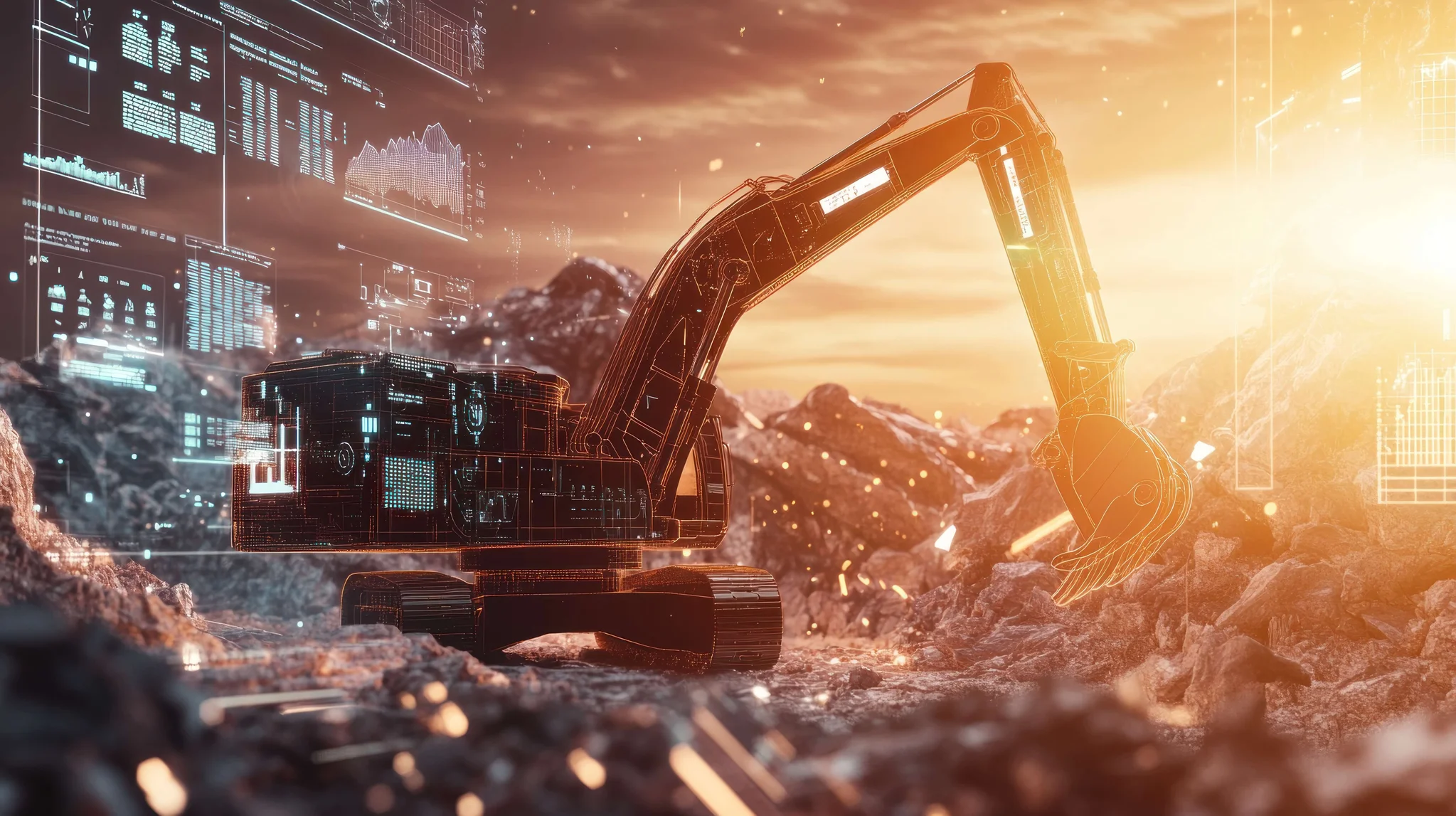
Join our host Shari Hulitt, Business Manager in Life Science at CSG Talent - ...

Join our host Shari Hulitt, Business Manager in Life Science at CSG Talent - ...

Join our host Christina Shiels, Head of Content at CSG Talent - On this ...

Join our host Junaid Hussain, Senior Consultant within Battery Materials - On this episode o...



The heavy equipment industry has always been shaped by infrastructure demand, capital cycles...